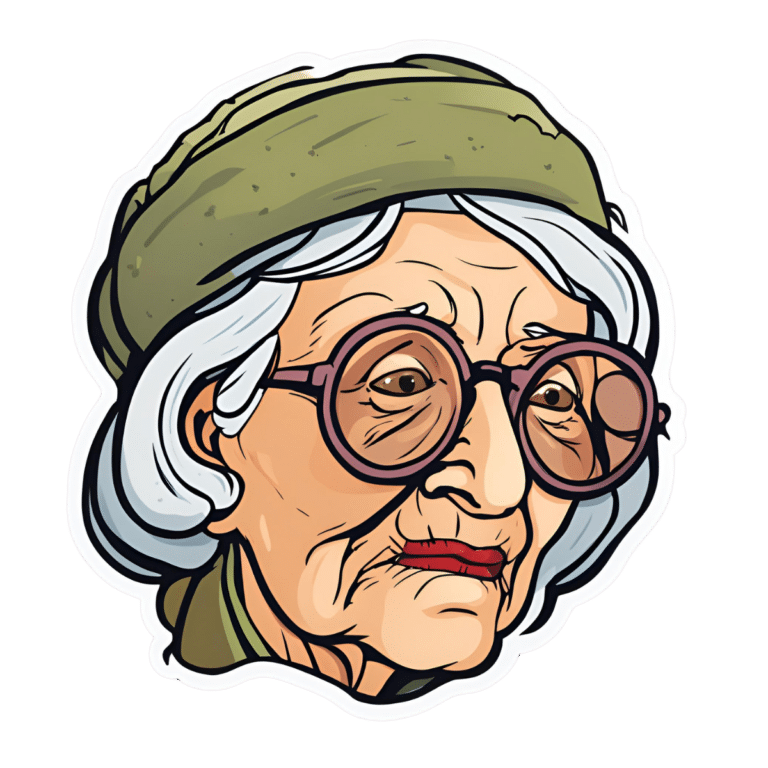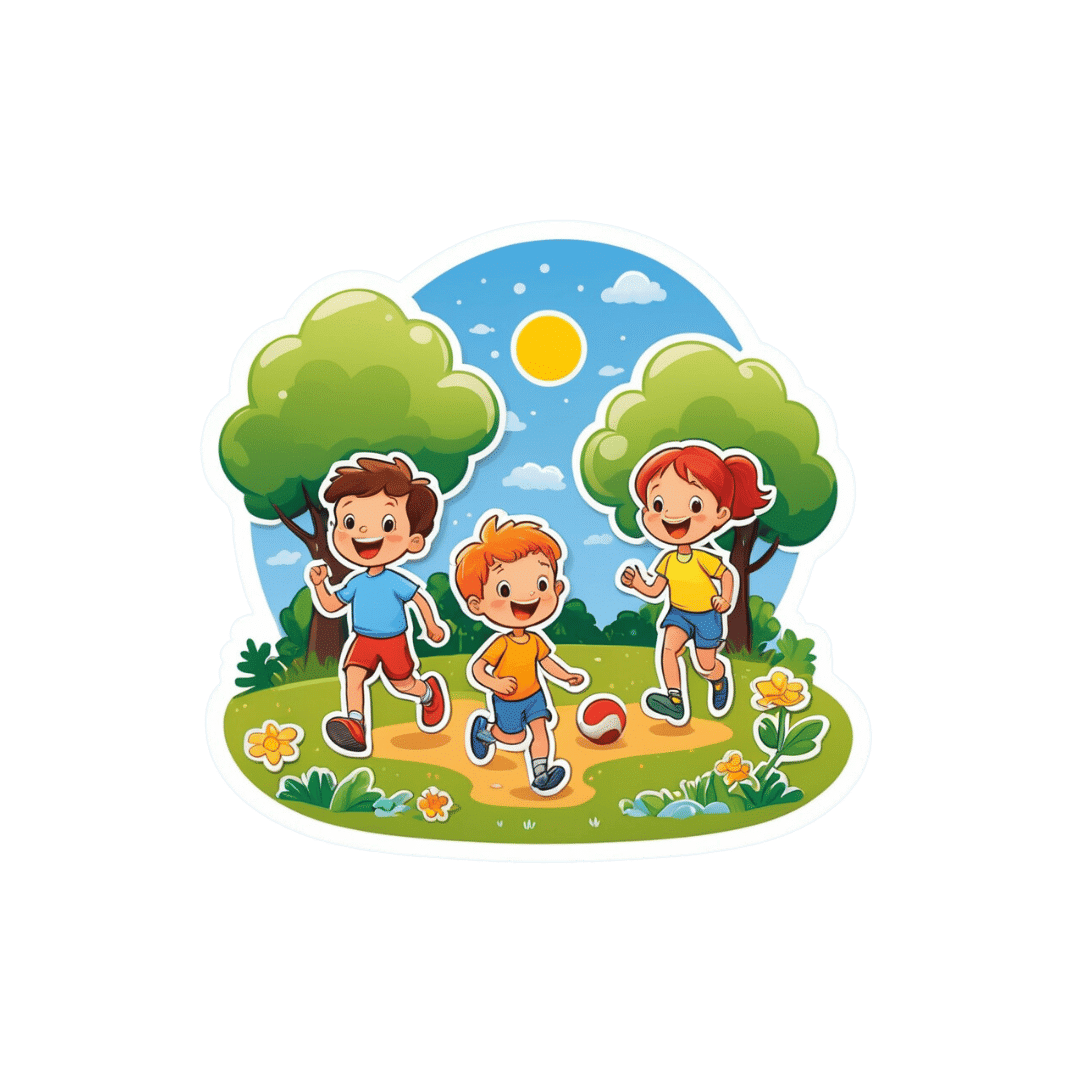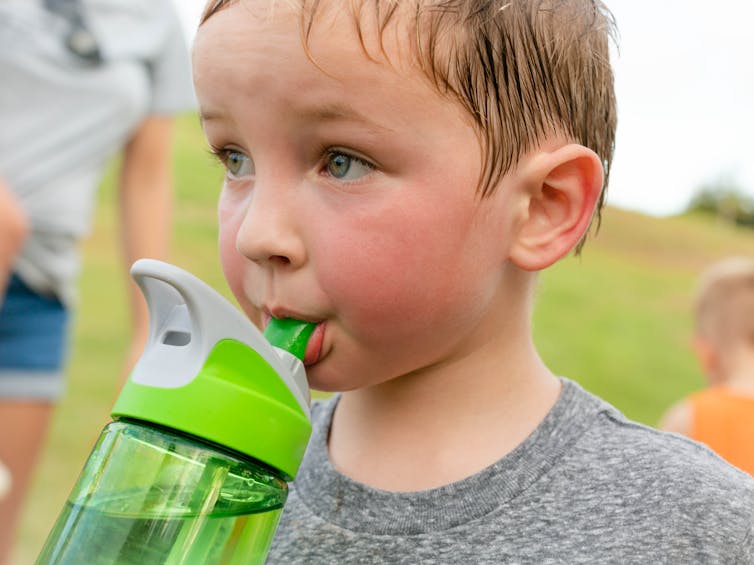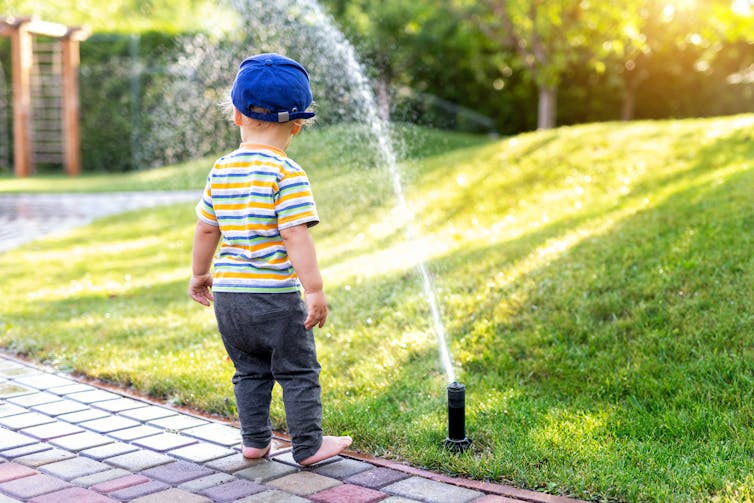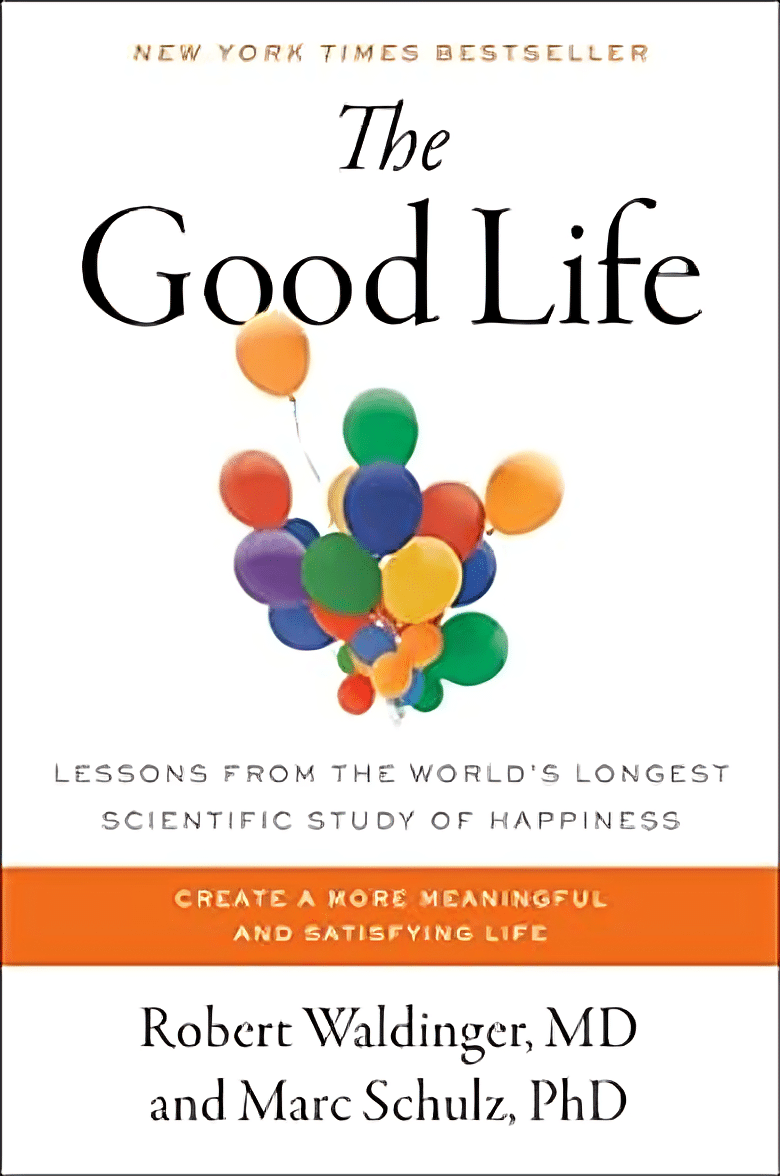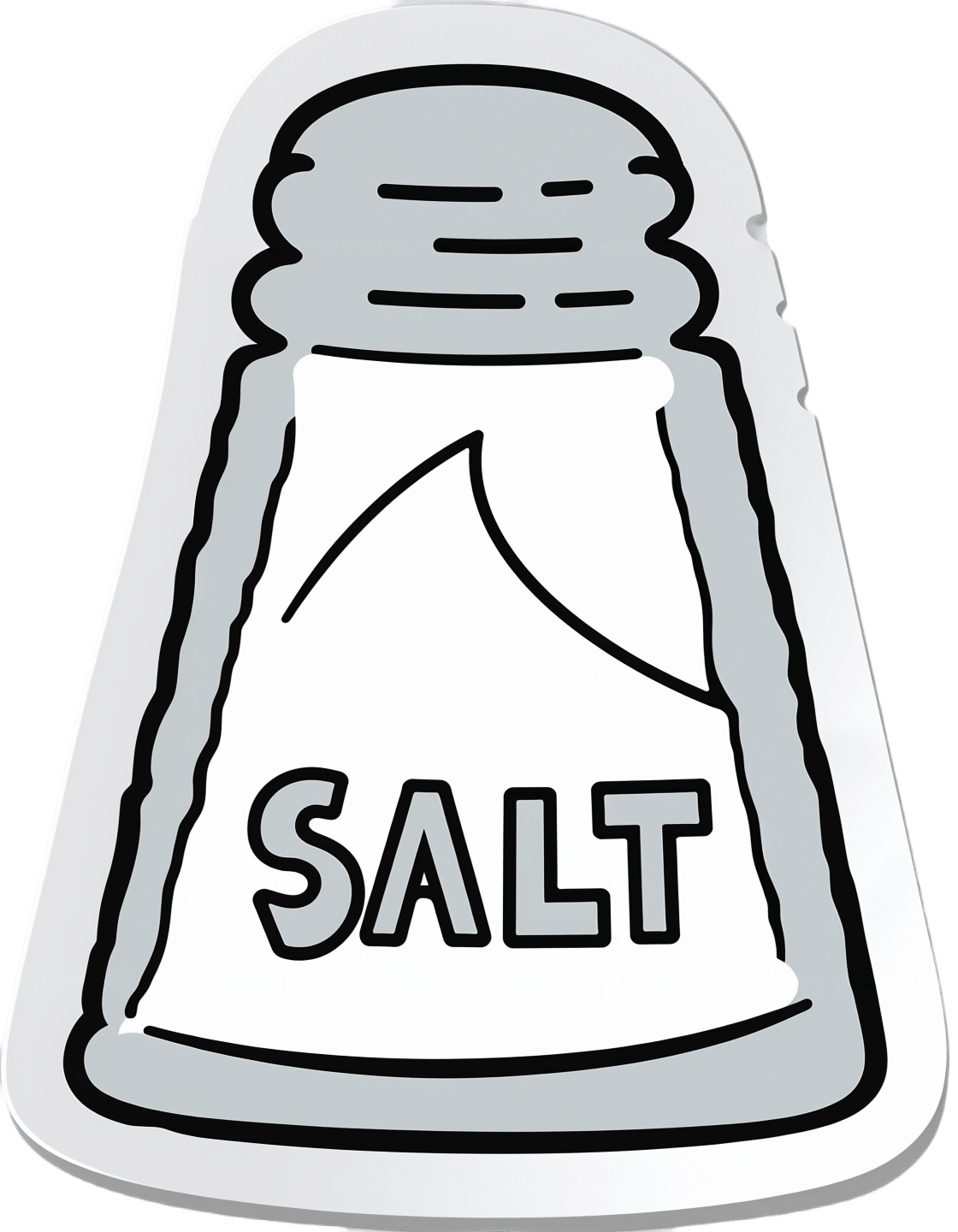
How Too Much Salt May Lead To Organ Failure
10almonds is reader-supported. We may, at no cost to you, receive a portion of sales if you purchase a product through a link in this article.
Salt’s Health Risks… More Than Just Heart Disease!
It’s been well-established for a long time that too much salt is bad for cardiovascular health. It can lead to high blood pressure, which in turn can lead to many problems, including heart attacks.
A team of researchers has found that in addition to this, it may be damaging your organs themselves.
This is because high salt levels peel away the surfaces of blood vessels. How does this harm your organs? Because it’s through those walls that nutrients are selectively passed to where they need to be—mostly your organs. So, too much salt can indirectly starve your organs of the nutrients they need to survive. And you absolutely do not want your organs to fail!
❝We’ve identified new biomarkers for diagnosing blood vessel damage, identifying patients at risk of heart attack and stroke, and developing new drug targets for therapy for a range of blood vessel diseases, including heart, kidney and lung diseases as well as dementia❞
~ Newman Sze, Canada Research Chair in Mechanisms of Health and Disease, and lead researcher on this study.
See the evidence for yourself: Endothelial Damage Arising From High Salt Hypertension Is Elucidated by Vascular Bed Systematic Profiling
Diets high in salt are a huge problem in Canada, North America as a whole, and around the world. According to a World Health Organization (WHO) report released March 9, Canadians consume 9.1 grams of salt per day.
Read: WHO global report on sodium intake reduction
You may be wondering: who is eating over 9g of salt per day?
And the answer is: mostly, people who don’t notice how much salt is already in processed foods… don’t see it, and don’t think about it.
Meanwhile, the WHO recommends the average person to consume no more than five grams, or one teaspoon, of salt per day.
Read more: Massive efforts needed to reduce salt intake and protect lives
The American Heart Association, tasked with improving public health with respect to the #1 killer of Americans (it’s also the #1 killer worldwide—but that’s not the AHA’s problem), goes further! It recommends no more than 2.3g per day, and ideally, no more than 1.5g per day.
Some handy rules-of-thumb
Here are sodium-related terms you may see on food packages:
- Salt/Sodium-Free = Less than 5mg of sodium per serving
- Very Low Sodium = 35mg or less per serving
- Low Sodium = 140mg or less per serving
- Reduced Sodium = At least 25% less sodium per serving than the usual sodium level
- Light in Sodium or Lightly Salted = At least 50% less sodium than the regular product
Confused by milligrams? Instead of remembering how many places to move the decimal point (and potentially getting an “out by an order of magnitude error—we’ve all been there!), think of the 1.5g total allowance as being 1500mg.
See also: How much sodium should I eat per day? ← from the American Heart Association
Don’t Forget…
Did you arrive here from our newsletter? Don’t forget to return to the email to continue learning!
Recommended
Learn to Age Gracefully
Join the 98k+ American women taking control of their health & aging with our 100% free (and fun!) daily emails:
-
Children can be more vulnerable in the heat. Here’s how to protect them this summer
10almonds is reader-supported. We may, at no cost to you, receive a portion of sales if you purchase a product through a link in this article.
Extreme heat is increasingly common in Australia and around the world and besides making us uncomfortable, it can harm our health. For example, exposure to extreme heat can exacerbate existing medical conditions, or cause problems such as heat stroke.
Due to a combination of physiology and behaviour, children are potentially more vulnerable to severe heat-related illness such as heat stroke or heat exhaustion.
But these are not the only heat-related health issues children might experience on a very hot day. In a new study, we looked at emergency department (ED) visits and unplanned hospital admissions among children in New South Wales on heatwave days.
We found a significant increase in children attending hospital compared to milder days – with a range of health issues.
maxim ibragimov/Shutterstock Why are children more vulnerable in the heat?
Sweating is the main way we lose heat from our bodies and cool down.
Children have a greater skin surface area to body mass ratio, which can be an advantage for sweating – they can lose more heat through evaporation for a given body mass. But this also means children can lose fluids and electrolytes faster through sweating, theoretically making them more susceptible to dehydration.
Meanwhile, younger children, particularly babies, can’t sweat as much as older children and adults. This means they can’t cool down as effectively.
Children in general also tend to engage in more outdoor physical activity, which might see them more exposed to very hot temperatures.
Further, children may be less in-tune to the signals their body is giving them that they’re overheating, such as excessive sweating or red skin. So they might not stop and cool down when they need to. Young children especially may not recognise the early signs of heat stress or be able to express discomfort.
Children may not easily be able to communicate that they’re hot and bothered. christinarosepix/Shutterstock Our study
We wanted to examine children’s exposure to extreme heat stress and the associated risks to their health.
We measured extreme heat as “heatwave days”, at least two consecutive days with a daily maximum temperature above the 95th percentile for the relevant area on a universal thermal climate index. This ranged from 27°C to 45°C depending on the area.
We assessed health outcomes by looking at ED visits and unplanned hospital admissions among children aged 0–18 years from NSW between 2000 and 2020. This totalled around 8.2 million ED visits and 1.4 million hospital admissions.
We found hospital admissions for heat-related illness were 104% more likely on heatwave days compared to non-heatwave days, and ED visits were 78% more likely. Heat-related illness includes a spectrum of disorders from minor conditions such as dehydration to life-threatening conditions such as heat stroke.
But heat-related illness wasn’t the only condition that increased on heatwave days. There was also an increase in childhood infections, particularly infectious enteritis possibly related to food poisoning (up 6% for ED visits and 17% for hospital admissions), ear infections (up 30% for ED visits and 3% for hospital admissions), and skin and soft tissue infections (up 6% for ED visits and 4% for hospital admissions).
Kids can be more vulnerable in the heat because of their behaviour and physiology. K-FK/Shutterstock We know many infectious diseases are highly seasonal. Some, like the flu, peak in winter. But heat and humidity increase the risk of certain infections caused by bacterial, viral and fungal pathogens.
For example, warmer weather and higher humidity can increase the survival of bacteria, such as Salmonella, on foods, which increases the risk of food poisoning.
Hot weather can also increase the risk of ear infections. Children may be at greater risk during hot weather because they often swim or play at the beach or pool. Water can stay in the ear after swimming and a moist environment in the ear canal can cause growth of pathogens leading to ear infections.
Which children are most vulnerable?
During heatwaves, we found infants aged under one were at increased risk of ED visits and hospital admission for any reason compared to older children. This is not surprising, because babies can’t regulate their body temperature effectively and are reliant on their caregivers to keep them cool.
Our study also found children from the most disadvantaged areas were more vulnerable to heat-related illness on heatwave days. Although we don’t know exactly why, we hypothesised families from poorer areas might have limited access to air-conditioning and could be more likely to live in hotter neighbourhoods.
Keeping kids cool: tips for parents
The highest levels of heat exposure on hot days for young children is usually when they’re taken outside in prams and strollers. To protect their children from direct sunlight, parents often instinctively cover their stroller with a cloth such as a muslin.
However, a recent study from our group showed this actually increases temperatures inside a stroller to as much as 3–4˚C higher than outside.
But if the cloth is wet with water, and a small fan is used to circulate the air close to the child, stroller temperatures can be 4–5˚C lower than outside. Wetting the cloth every 15–20 minutes (for example, with a spray bottle) maintains the cooling effect.
When young children are not in a stroller, and for older children, there are a few things to consider to keep them cool and safe.
Remember temperatures reported on weather forecasts are measured in the shade, and temperatures in the sun can be up to 15˚C higher. So sticking to the shade as much as possible is important.
Exercise generates heat inside the body, so activities should be shortened, or rescheduled to cooler times of the day.
Sunscreen and hats are important when outdoors, but neither are especially effective for keeping cool. Spraying water on the child’s skin – not just the face but arms, legs and even the torso if possible – can help. Wetting their hats is another idea.
Proper hydration on hot days is also essential. Regular water breaks, including offering water before, during and after activity, is important. Offering foods with high water content such as watermelon and orange can help with hydration too.
Wen-Qiang He, Research Fellow in Biostatistics and Epidemiology, Faculty of Medicine and Health, University of Sydney; James Smallcombe, Post-doctoral Research Associate, Faculty of Medicine and Health, University of Sydney; Natasha Nassar, Professor of Paediatric and Perinatal Epidemiology and Chair in Translational Childhood Medicine, University of Sydney, and Ollie Jay, Professor of Heat & Health; Director of Heat & Health Research Incubator; Director of Thermal Ergonomics Laboratory, University of Sydney
This article is republished from The Conversation under a Creative Commons license. Read the original article.
Share This Post
-
Finish What You Start – by Peter Hollins
10almonds is reader-supported. We may, at no cost to you, receive a portion of sales if you purchase a product through a link in this article.
For some people, getting started is the problem. For others of us, getting started is the easy part! We just need a little help not dropping things we started.
There are summaries at the starts and ends of sections, and many “quick tips” to get you back on track.
As a taster: one of these is “temptation bundling“, combining unpleasant things with pleasant. A kind of “spoonful of sugar” approach.
Hollins also discusses hyperbolic discounting (the way we tend to value rewards according to how near they are, and procrastinate accordingly). He offers a tool to overcome this, too, the “10–10–10 rule“.
Also dealt with is “the preparation trap“, and how to know when you have enough information to press on.
For a lot of us, the places we’re most likely to drop a project is 20% in (initial enthusiasm wore off) or 80% in (“it’s nearly done; no need to worry about it”). Those are the times when the advices in this book can be particularly handy!
All in all, a great book for seeing a lot of things to completion.
Share This Post
-
Brain Food – by Dr. Lisa Mosconi
10almonds is reader-supported. We may, at no cost to you, receive a portion of sales if you purchase a product through a link in this article.
We know that we should eat for brain health, but often that knowledge doesn’t go a lot further than “we should eat some nuts… but also not the wrong nuts, which would be bad”.
However, as Dr. Lisa Mosconi lays out for us, there’s a lot more than that!
This book is as much a treatise of brain health in the context of nutrition, as it is a “eat this and avoid that” guide.
Which is good, because our brains don’t exist in isolation, and nor do the nutrients that we consume. Put it this way:
We have a tendecy to think of our diets as a set of slider-bars, “ok, that’s 104% of my daily intake of fiber, I need another 10g protein and that’ll be at 100%, I’ve had 80% of the vitamin C that I need, and…”
Whereas in reality: much of what we eat interacts positively or negatively with other things, and thus needs to be kept in balance. And not only that, but other peri-nutritional factors play a big part too! From obvious things like hydration, to less obvious things like maintaining good gut microbiota, our brains rely on us to do a lot of things for them.
This book is very easy-reading, though a weakness is it doesn’t tend to summarise key ideas much, give cheat-sheets, that sort of thing. We recommend reading this book with a notebook to the side, to jot down things you want to attend to in your own dietary habits.
Bottom line: this is an excellent overview of brain health in the context of nutrition, and is more comprehensive than most “eat this for good brain health and avoid that” books.
Click here to check out “Brain Food” on Amazon and treat your brain like it deserves!
Share This Post
Related Posts
-
Unlock Your Flexibility With These 4 New Stretches
10almonds is reader-supported. We may, at no cost to you, receive a portion of sales if you purchase a product through a link in this article.
People often stick to the same few stretches, which may limit flexibility progress, especially as the most common stretches often miss deeper, harder-to-reach areas.
So, here are some new (well, probably new to most people, at least) stretches that can get things moving in different directions:
Diversity Continues To Be Good!
The stretches are:
90/90 Hip stretch with a twist:
- Sit with your knees forming 90° angles; add an arm bar and twist your chest upward.
- Hold for 5 deep breaths and repeat.
- This one targets top glute muscles and quadratus lumborum in the lower back.
Shoulder mobility stretch using a wall:
- Kneel in front of a wall with your forearms placed shoulder-width apart, hands turned outward.
- Lift your hips, push your chest toward your legs, and use the wall and your body weight for deeper leverage.
- This one targets multiple shoulder and rotator cuff muscles through external rotation.
Quad stretch using body weight:
- Sit with your feet hip-width apart, lift your hips, step one foot back, and tuck in your tailbone.
- Focus on pointing your knee down and forward for a deep quad stretch.
- This one targets all four quad muscles, hip flexors, plantar fascia, and opens chest/shoulders.
Chicken wing stretch for upper back:
- Sit with bent knees, place the back of one hand on your waist (chicken wing position).
- Tuck the “wing” into the inner thigh, press your knee inward while resisting with the arm.
- This one broadens the shoulder blade and stretches rear shoulder/upper back muscles; it’s particularly effective for reaching difficult upper back areas not typically stretched.
For more on each of these plus visual demonstrations, enjoy:
Click Here If The Embedded Video Doesn’t Load Automatically!
Want to learn more?
You might also like:
Yoga Teacher: “If I wanted to get flexible in 2025, here’s what I’d do”
Take care!
Don’t Forget…
Did you arrive here from our newsletter? Don’t forget to return to the email to continue learning!
Learn to Age Gracefully
Join the 98k+ American women taking control of their health & aging with our 100% free (and fun!) daily emails:
-
How Useful Is Hydrotherapy?
10almonds is reader-supported. We may, at no cost to you, receive a portion of sales if you purchase a product through a link in this article.
Hyyyyyyydromatic…
Hydrotherapy is a very broad term, and refers to any (external) use of water as part of a physical therapy. Today we’re going to look at some of the top ways this can be beneficial—maybe you’ll know them all already, but maybe there’s something you hadn’t thought about or done decently; let’s find out!
Notwithstanding the vague nature of the umbrella term, some brave researchers have done a lot of work to bring us lots of information about what works and what doesn’t, so we’ll be using this to guide us today. For example:
Scientific Evidence-Based Effects of Hydrotherapy on Various Systems of the Body
Swimming (and similar)
An obvious one, this can for most people be a very good full-body exercise, that’s exactly as strenuous (or not) as you want/need it to be.
It can be cardio, it can be resistance, it can be endurance, it can be high-intensity interval training, it can be mobility work, it can be just support for an aching body that gets to enjoy being in the closest to zero-gravity we can get without being in freefall or in space.
See also: How To Do HIIT (Without Wrecking Your Body)
Depending on what’s available for you locally (pool with a shallow area, for example), it can also be a place to do some exercises normally performed on land, but with your weight being partially supported (and as a counterpoint, a little resistance added to movement), and no meaningful risk of falling.
Tip: check out your local facilities, to see if they offer water aerobics classes; because the water necessitates slow movement, this can look a lot like tai chi to watch, but it’s great for mobility and balance.
Water circuit therapy
This isn’t circuit training! Rather, it’s a mixture of thermo- and cryotherapy, that is to say, alternating warm and cold water immersion. This can also be interspersed with the use of a sauna, of course.
See also:
- Ice Baths: To Dip Or Not To Dip?
- Saunas: Health Benefits (& Caveats)
- The Stress Prescription (Against Aging!)
this last one is about thermal shock-mediated hormesis, which sounds drastic, but it’s what we’re doing here with the hot and cold, and it’s good for most people!
Pain relief
Most of the research for this has to do with childbirth pain rather than, for example, back pain, but the science is promising:
Post-exercise recovery
It can be tempting to sink into a hot bath, or at least enjoy a good hot shower, after strenuous exercise. But does it help recovery too? The answer is probably yes:
Effect of hot water immersion on acute physiological responses following resistance exercise
For more on that (and other means of improving post-exercise recovery), check out our previous main feature:
How To Speed Up Recovery After A Workout (According To Actual Science)
Take care!
Don’t Forget…
Did you arrive here from our newsletter? Don’t forget to return to the email to continue learning!
Learn to Age Gracefully
Join the 98k+ American women taking control of their health & aging with our 100% free (and fun!) daily emails:
-
The Good Life – by Robert Waldinger, MD, and Marc Schulz, PhD
10almonds is reader-supported. We may, at no cost to you, receive a portion of sales if you purchase a product through a link in this article.
For any who have thought “there must be some middle-ground between entirely subjective self-help books advising how to feel better, and sifting through clinical data on what actually affects people’s moods“, this book is exactly that middle-ground!
Drs. Waldinger and Schultz went through the 80-year-long Harvard Study of Adult Development with a fine-toothed comb, and this book details—more readably—what they found.
There are frequent references to data from the study. Not just numbers, though, people’s answers to questions, too. And how different factors about people’s lives affected their answers to the same questions.
We hear from all ages, from young adults to octagenarians, and learn how attitudes (including: of the same people) change over time. Not because people are fickle, but because people grow… or become disillusioned. Or sometimes, both.
We learn about the importance of money… And where that importance ends.
We learn importance of relationships of various kinds, and this is certainly a recurring theme throughout the study—and thus, throughout the book.
The book doesn’t just present data, though, it also presents actionable insights along the way.
Bottom line: the combined wisdom and life-experiences of a lot of people provide a very “big picture” view of life, and what makes us happy, really. We highly recommend it!
Don’t Forget…
Did you arrive here from our newsletter? Don’t forget to return to the email to continue learning!
Learn to Age Gracefully
Join the 98k+ American women taking control of their health & aging with our 100% free (and fun!) daily emails:

